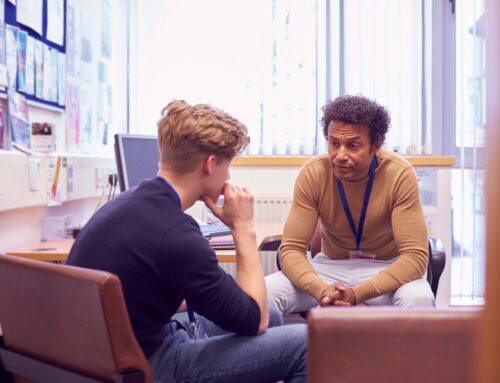
Preparation is the key to interview success and if you do your research and know what to expect you will find that your job interview will be an enjoyable experience and you will increase your chances of success.
Taken from You’re Hired! Total Job Search by Jeremy I’Anson

There are a number of basics that you need to address before every interview:
Location and time
Get clear and precise details of the location and time of the interview. It is astonishing how many candidates either arrive at the wrong location or arrive late for an interview. Your interviewer(s) will almost certainly be working to a tight schedule and if you arrive 15 minutes late then you will probably have 15 minutes less time than you had expected. Avoid this by checking the location and if necessary doing a dry run at the time of the interview so that you are sure that you know how long the journey will take. Aim to arrive at least 15 minutes before the appointed time.
Dress for success
This might seem obvious but, surprisingly, not all candidates for job interviews seem to think it is important. My advice is clear: always dress as smartly as possible for a job interview. Even if you are going to see a recruitment agency rather than the actual employer, make sure you look your best. There are some subtle variations on the ‘dress smart’ advice and, of course, there are some business sectors where a business suit might be considered inappropriate. A good tip would be to look on the company website. Are there any photos of staff working there? Try to fit in with whatever seems right for that particular organisation. If you are going through a recruitment agency then ask the advice of the recruitment consultant, who will probably have attended a meeting there. Even if the dress code is ‘smart casual’ the word ‘smart’ still applies and turning up for a job interview in scruffy jeans and an unironed T-shirt is never going to be a good idea. You need to look smart and professional at every interview.
Research the employer
Plan to spend at least 2 hours researching the organisation. Don’t leave this until the morning of the interview.
As a minimum you should have answers to these questions.
- Who is the chief executive or managing director?
- When was the organisation founded?
- What are their key products or services?
- Who are their major competitors?
- How are they performing financially?
All of this information will help you to build up a clearer picture of the background to the job that you are applying for. Don’t get caught out by the very first question at many interviews: ‘What do you know about us?’ Demonstrate that you have done your research thoroughly by giving a very well thought-out response and make it clear why you would like to work for that particular organisation. Look at the company website, find their annual report (if available) and use a search engine such as Google to find out as much as you can before the interview. Perhaps you have a friend or relative who works for the organisation or has done business with them. Ask them if they can provide you with any additional background and use this information to prepare some of your own questions for the interview.
Practice makes perfect
We all know that the more you practise the better you will perform on an important occasion. So having carried out all your research and carefully analysed the job specification for likely questions, what else can you do to be well prepared for your interview? The answer is to rehearse.
If you have a video camera you can film yourself and then analyse your responses. Did you identify any gestures or mannerisms that might detract attention from your answers? Have you got clear and succinct responses to these common interview questions that you can be almost certain will come up at any interview?
- Why do you want to work for us?
- What do you know about our organisation?
- How will you add value to our business?
In addition to these standard questions you might expect the interview to open with a gentle ice-breaker such as ‘Tell us about yourself’. Don’t improvise this on the day. What’s important is to be clear, succinct and relevant.
Deliver your responses to these questions to your video camera or to a family member or trusted friend who will provide you with constructive criticism and feedback. If you are not satisfied then keep practising!

Emma Davies works within the editorial department at Trotman Publishing. Graduating from her Masters degree in 2017, she is familiar with all aspects of the student journey through university. She is passionate about helping students find the right career, and was a member of the SYP’s inaugural committee in the South West.





